3 Questions to Ask a Commercial Roof Contractor Before Starting a Project
Embarking on a commercial roofing project is a significant investment, and selecting the right contractor is crucial. Before signing a contract, it's important to ask the right questions to ensure the project's success. These questions span topics such as the contractor's experience, specialization, pricing, licensing, project timelines, quality of materials, warranty options, references from past clients, insurance coverage, safety protocols, and waste management practices.
By focusing on these critical areas, you'll be well-prepared to engage with a contractor who aligns with your business's goals and expectations, ensuring your commercial roofing project delivers long-term performance, safety, reliability, and peace of mind throughout the entire construction process.
1. What Type of Roofing Systems Do You Specialize In?
Understanding the variety of roofing systems a contractor specializes in is crucial for aligning their services with your project needs. Contractors proficient in diverse systems, such as TPO, EPDM, and metal roofs, offer flexibility and ensure a tailored solution for your building. Each roofing type has unique benefits and installation requirements, making specialization vital for proper execution. Discussing these options allows you to explore the best fit for your building's architecture and intended use, especially in commercial roofing projects where durability and long-term performance are critical.
It's important to understand a contractor's rationale for recommending specific roofing materials. Factors such as durability, cost, and energy efficiency can influence material selection. For example, according to This Old House, the expected lifespan of asphalt shingle roofs ranges from 20 to 30 years, which can guide decisions for long-term planning. A proficient commercial roofing contractor will base their recommendations on a detailed assessment of your building's requirements and the local climate conditions. Additionally, discussing material performance will help you anticipate maintenance needs and long-term benefits. Understanding these recommendations ensures your roofing system aligns with both operational goals and budget considerations.
Ensuring the suggested roofing systems are compatible with your existing building structure is fundamental to project success. Certain roofing types may require structural alterations or reinforcements, impacting overall project cost and timeline. Contractors should evaluate the current state of your building for any limitations or special considerations regarding load-bearing capacities and structural integrity. Their assessment will guide you in selecting a roofing system that fits securely and adds to the building's longevity, which is essential in commercial roofing projects.
Raising questions about the sustainability and energy efficiency of proposed roofing systems aligns your project with growing environmental standards and regulations. Modern commercial buildings increasingly demand eco-friendly roofing systems that reduce energy consumption and carbon footprint. Contractors should offer options like reflective coatings or green roofs that contribute to energy savings and qualify for sustainability certifications. Discussing these aspects allows you to weigh the long-term financial and environmental benefits. An informed choice on sustainable roofing options can enhance your building's operational efficiency and environmental responsibility.
2. What is Your Proposed Project Timeline?
Establishing realistic project timelines is paramount for aligning contractor schedules with business operations. A contractor's ability to forecast project phases allows you to plan resource allocations efficiently. Discussing projected timelines should encompass defining crucial milestones and expected completion dates, providing a roadmap for project management. Contractors experienced in setting manageable timelines exhibit their capability to deliver projects systematically and on schedule. Having a well-outlined timeline helps in coordinating efforts across various departments, ensuring minimal disruption to everyday business functions.
Discussing strategies to mitigate delays or adapt to unforeseen changes ensures the contractor's preparation for the unpredictable nature of construction. Addressing potential weather disruptions, supply chain issues, or other unexpected challenges is crucial to maintain momentum. Efficient contractors have contingency plans to respond swiftly, minimizing disruption and maintaining progress. Your understanding of their delay management practices provides reassurance against prolonged project timelines and absorbed costs. Thorough discussion on this topic reflects well on the contractor's adaptability and resourcefulness in addressing project deviations.
Effective coordination and clear communication establish a collaborative foundation and foster project success. Regular updates on progress, issues, and phase completions create transparency and trust between client and contractor. Understanding the contractor's communication strategy, including points of contact and frequency of updates, ensures you stay informed throughout. Proactively establishing communication norms can resolve misunderstandings early and maintain project relatedness. Honing these communication channels positions the project for seamless execution aligned with expectations and timelines.
Resource allocation spans labor, materials, and equipment management, critical to ensure timely project advancements. Contractors should provide insights into how these resources align and adapt to project dynamics, including any specializations or equipment needed for challenging tasks. Proper coordination prevents resource bottlenecks, enhancing workflow and adherence to timelines. Proactive resource management, including lead time considerations and supply logistics, underscores the contractor's competence. This insight integrates practical planning into meeting project deadlines without compromising quality.
3. How Do You Handle Site Clean-Up and Waste Disposal?
Site cleanup is an essential component that influences project perceptions and operational readiness upon completion. Contractors should describe their processes for maintaining cleanliness during different project phases and at completion. An orderly site mitigates hazard risks and supports efficient workflows in alignment with safety standards. Ensuring the contractor prioritizes thorough clean-ups reflects respect for your property and anticipates project completion logistics. Effective cleanup plans enhance the project's aesthetics and facilitate seamless transitions to post-construction operations.
Evaluating a contractor's waste management and disposal practices aligns operations with environmental compliance goals. Contracts involving eco-friendly and responsible waste disposal stress minimization of landfill inputs and adherence to environmental regulations. Contractors equipped with sustainable practices and a focus on recycling and reuse demonstrate evolving industry trends. Discussing their approach and verifying certifications ensures legal compliance and responsible environmental stewardship. Waste management practices also reflect the contractor's efficiency, associated with timely project setups and closures.
Projects in commercial settings demand balancing work with ongoing business operations; reducing disruptions is critical. Contractors should lay out strategies that maintain their team's efficiency while leveraging quieter periods or partitions to mitigate disturbances. Customizing site arrangements to accommodate business activities underscores a collaborative approach and prioritizes client needs. Such mitigating techniques ensure client satisfaction and reinforced business relationships, while additionally positioning projects toward faster completions. Evaluating these aspects proposes a holistic approach to managing the integration of construction storefronts.
Handling recyclable materials is a portion of waste management that reflects environmental responsibility. Discussing how a contractor identifies, segregates, and processes recyclable products demonstrates their commitment to sustainable practices. Recycling can considerably reduce waste footprints and improve project aesthetics, enhancing sustainability partnerships and reducing environmental impact. Contractors implementing recycling programs attribute to lower disposal costs, elevated business reputations, and support larger societal environmental goals. This focus is increasingly attractive to clients, who seek sustainable and progressive business partnerships enhancing corporate social responsibility.
Choosing the right commercial roofing contractor necessitates asking the right questions to safeguard your investment. A thorough vetting process will provide peace of mind and ensure the contractor's expertise matches your project's needs. By focusing on experience, systems specialization, pricing transparency, legal compliance, timelines, and environmental impact, you can make a well-informed decision for a successful collaboration.
Implementing a structured interview process helps to eliminate ambiguities, reveals hidden variables, and aligns contractor capabilities with your objectives. Proactive engagement through these questions positions you effectively for project outcomes that fulfill aspirations and sustainability. For expert guidance on your next commercial roofing project, rely on the experienced team at McChesney Lueck Roofing, LLC to deliver quality workmanship and reliable service.

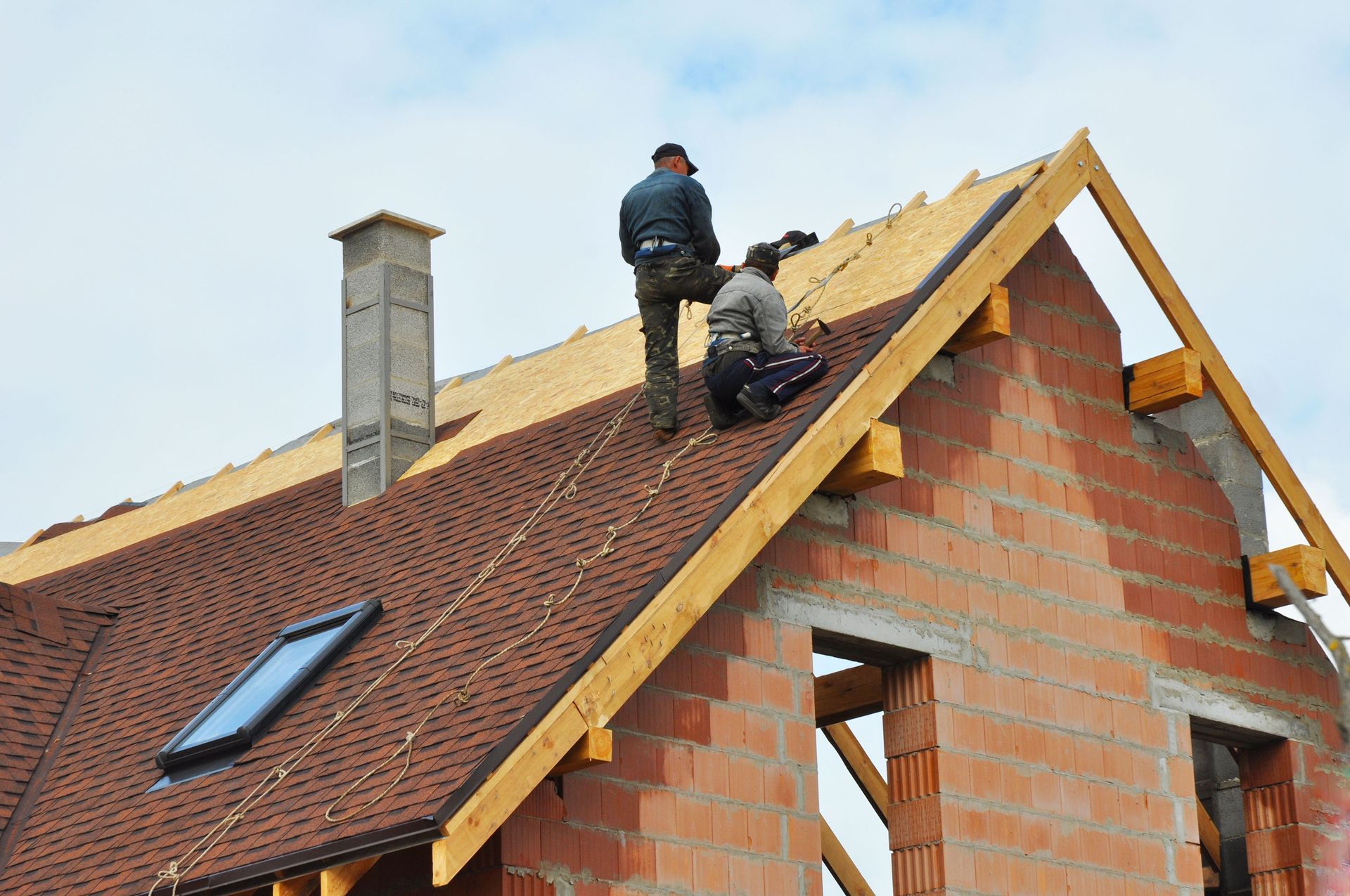
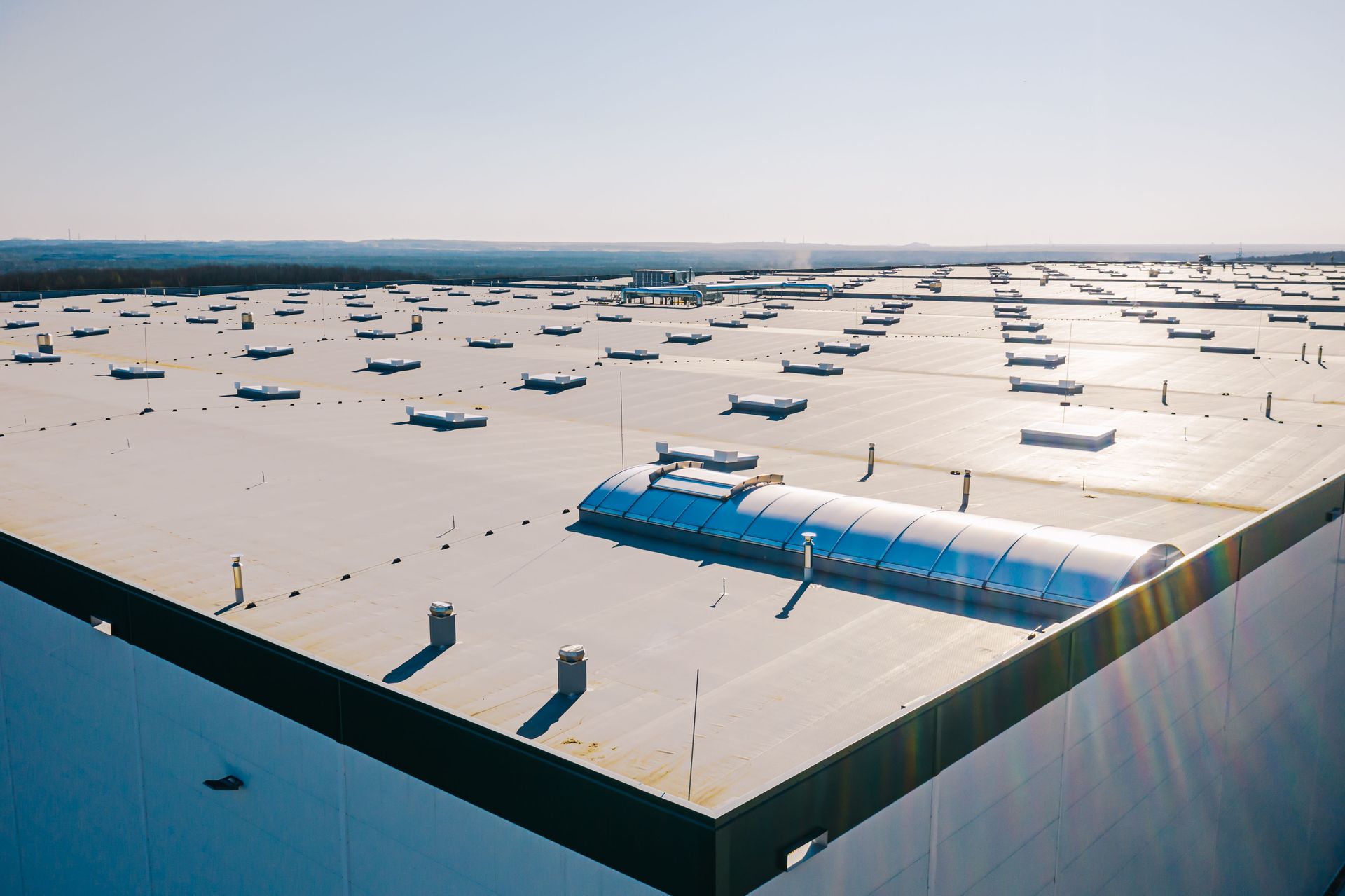
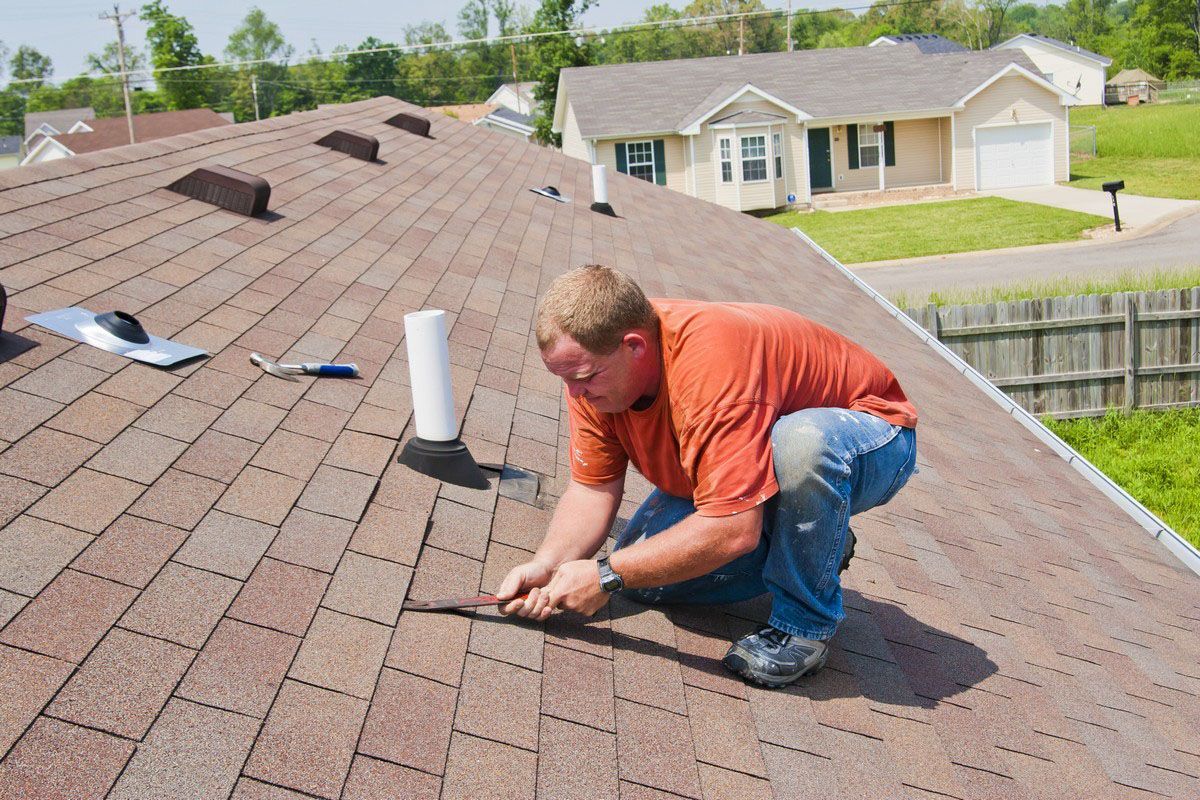


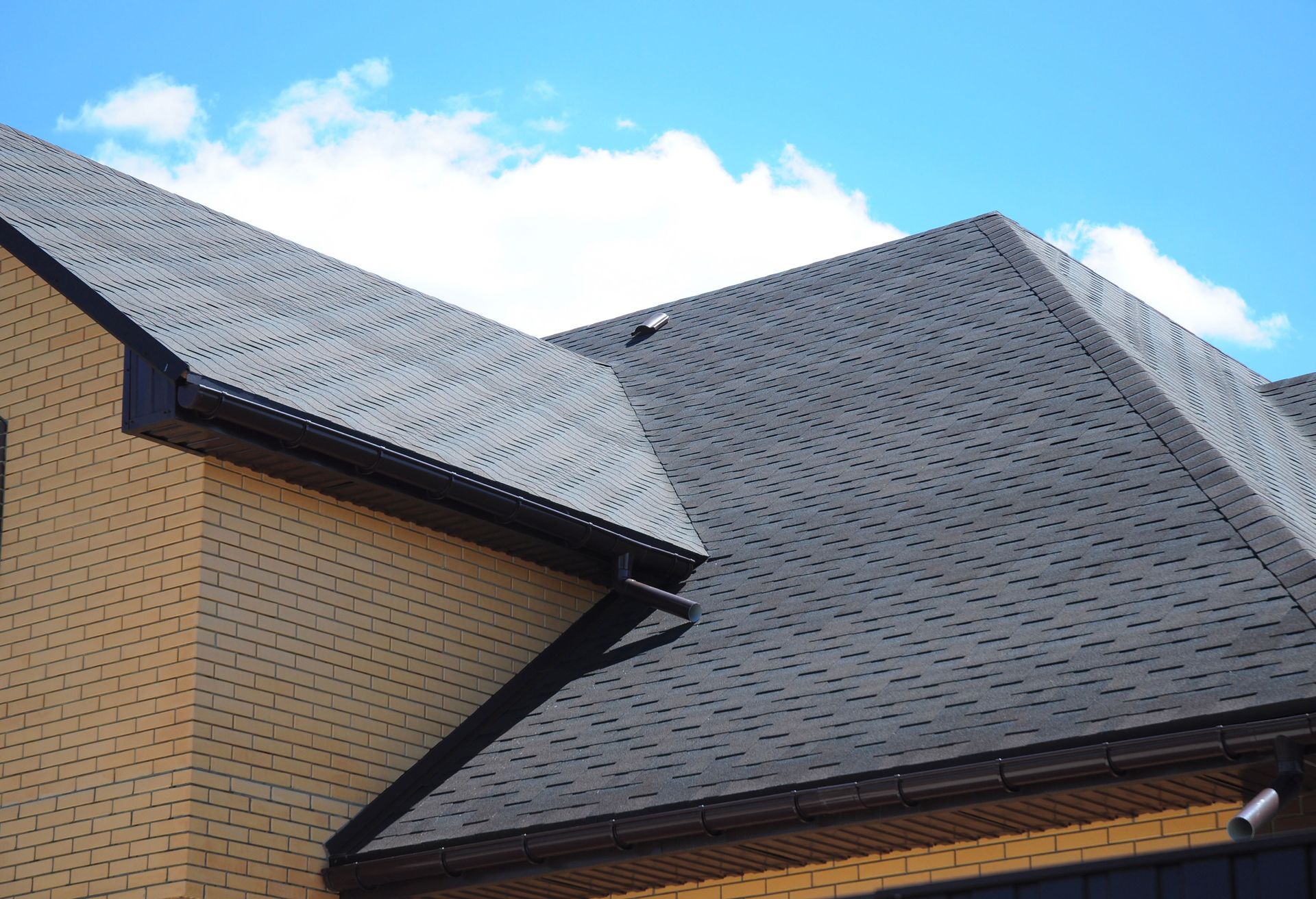
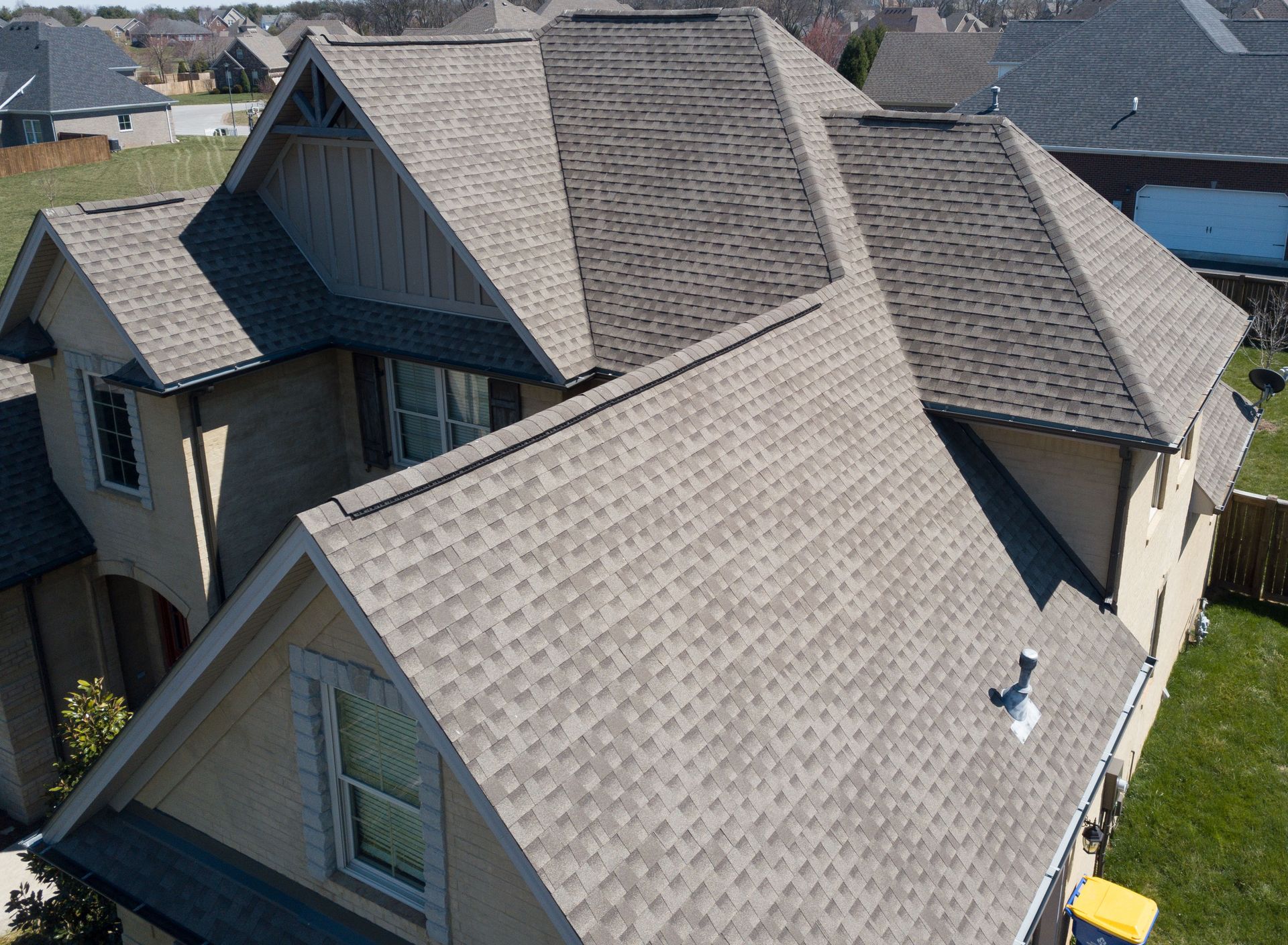
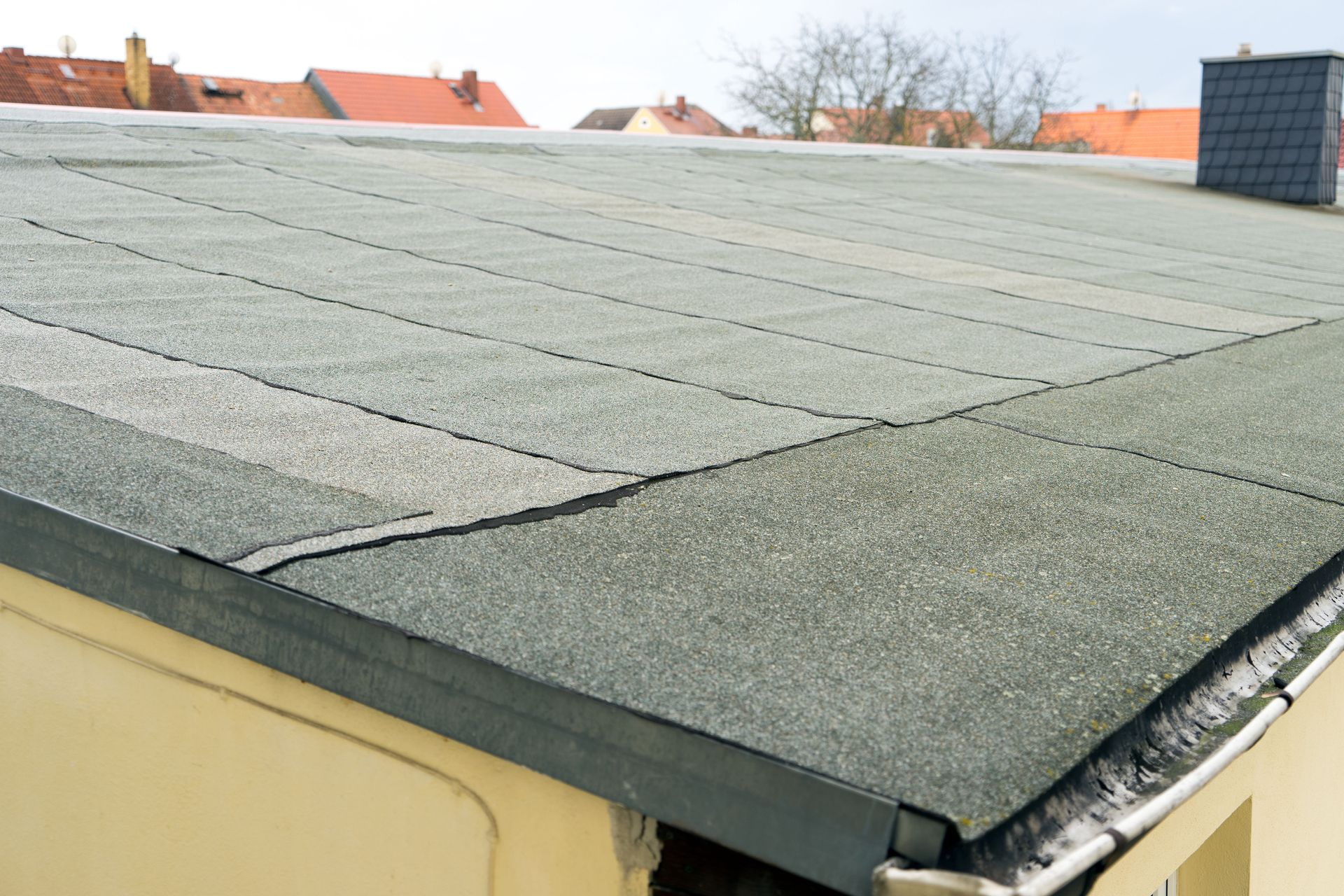


Share On: